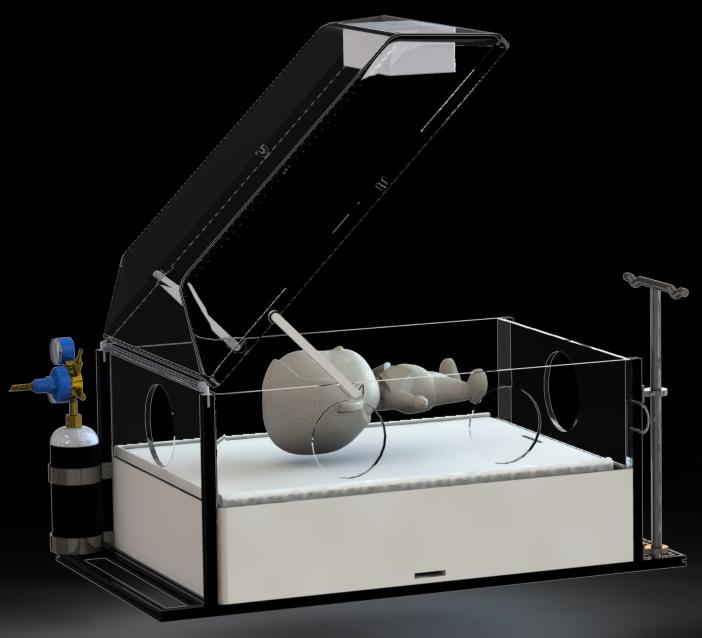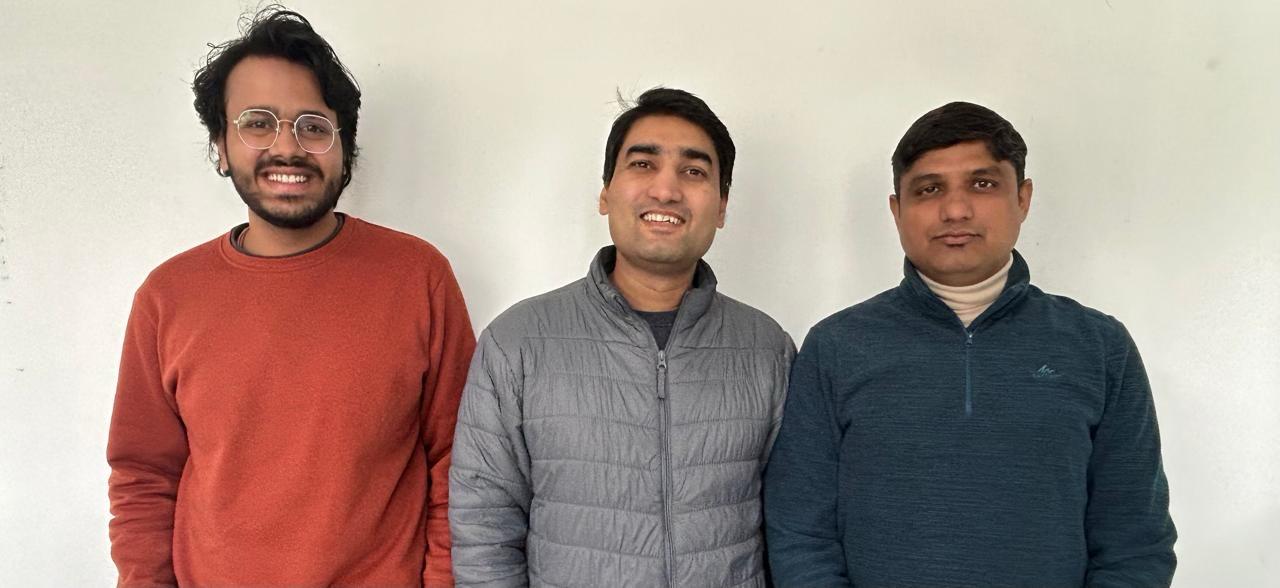IIT-Mandi’s innovation SynCubator selected for prestigious Stanford Biodesign Innovators Garage Programme

- Patients suffer as Red Cross X-ray unit at Zonal Hospital in Mandi closed for several days - October 5, 2024
- Women in Balh becoming self-reliant, earning lakhs while managing household chores - October 5, 2024
- 7,000 migrants registered in Mandi amid rising concerns on outsiders, highest in Balh, lowest in Gohar - October 5, 2024
The Newz Radar
MANDI: SynCubator, a neonatal incubator developed at IIT-Mandi’s School of Mechanical and Materials Engineering by Assistant Professor Gajendra Singh and Associate Professor Satvasheel Ramesh Powar along with BTech-III mechanical engineering student Keshav Verma, has been selected for the prestigious ‘Stanford Biodesign Innovators Garage’ programme.
Designed as a multifunctional neonatal incubator, SynCubator offers a unique solution to the challenges faced in transporting and providing critical care to newborns. Unlike traditional incubators, the developed device doubles as both a standalone warmer and an incubator, adaptable to the specific needs of each infant.
Speaking about the significance of SynCubator, Assistant Professor Gajendra Singh said, “Our innovation extends beyond convenience; it addresses critical healthcare needs in regions where access to advanced medical facilities is limited. Regions such as Himachal Pradesh, where extreme weather conditions and rugged terrain pose significant challenges to healthcare delivery, our device offers a lifeline for newborns in need of immediate care.”
SynCubator distinguishes itself through its seamless integration with cutting-edge digital health technologies. Utilising a user-friendly mobile application, healthcare providers gain the ability to remotely monitor and adjust critical parameters such as temperature, humidity, and oxygen concentration in real-time. Moreover, continuous video monitoring enables both medical professionals and parents to closely observe the newborns’ condition, irrespective of their physical location.
With India grappling with high neonatal mortality rates and a significant number of preterm births, SynCubator will play a pivotal role in improving healthcare outcomes. By leveraging Artificial Intelligence and Machine Learning technologies in the future, the core design team aims to further enhance SynCubator’s capabilities, enabling predictive healthcare interventions and timely treatments.
Associate Professor Powar said, “So far, we have created and tested a proof of concept. Thanks to this program and the support of IIT-Mandi iHUb, IIT-Mandi Catalyst, and the Government Institute of Medical Sciences Noida, we are developing a proof of value that will be manufacturable and scalable. We hope to obtain the necessary certifications and launch the product within 1.5 to 2 years.”
About Stanford Biodesign Garage
The innovation fellowship provided by the Stanford Biodesign Garage offers a transformative 10-month experience, empowering aspiring innovators with a robust, iterative methodology. Participants delve into identifying critical health-related needs and innovating novel solutions across various domains including medical devices, diagnostics, digital health, drug delivery, and biotechnology solutions. Moreover, the program equips fellows with the skills to seamlessly integrate these innovations into patient care pathways, whether through startup ventures, corporate initiatives, or other channels.
Beyond skill acquisition, Innovation Fellows gain invaluable membership to the esteemed Stanford Biodesign community. This lifelong network spans the globe and unites passionate healthcare innovators, fostering collaboration and continued growth in the pursuit of advancing healthcare worldwide.




